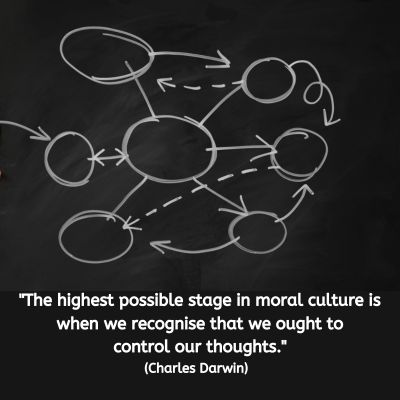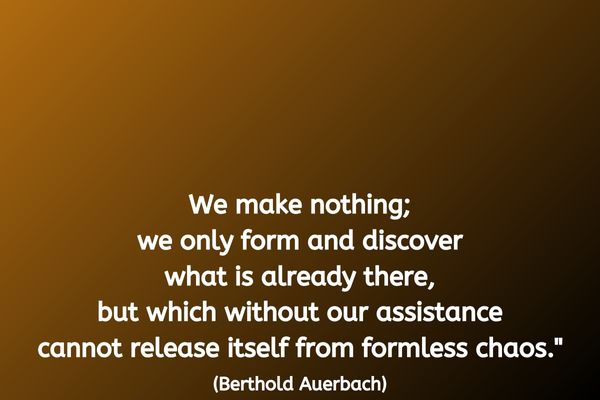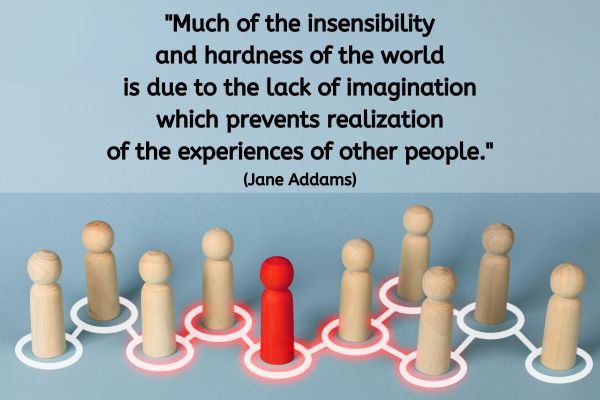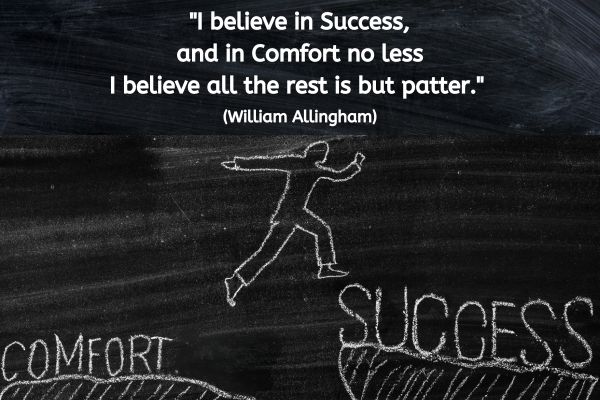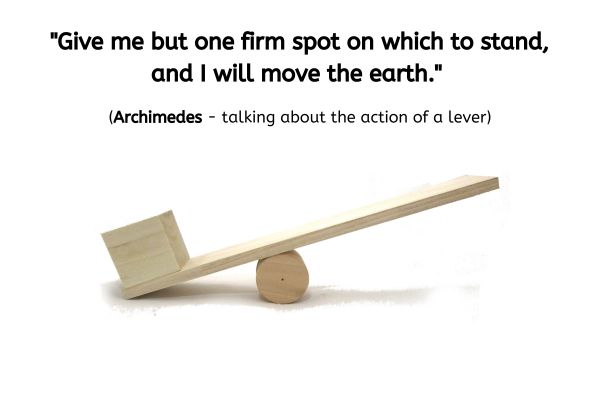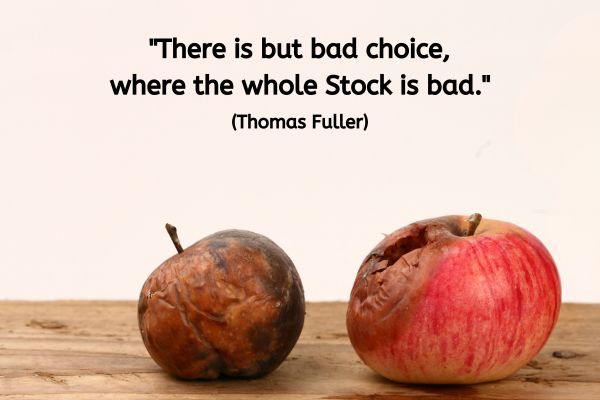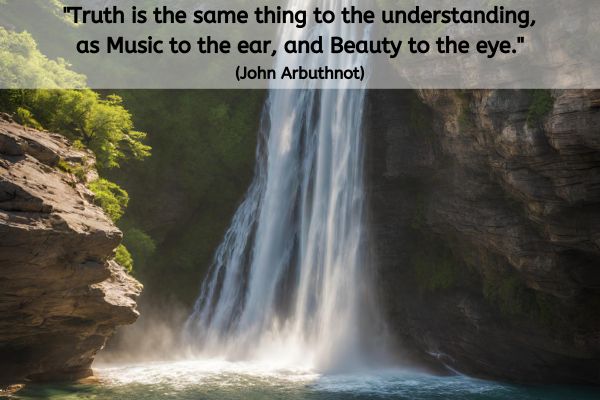The quote is:
“Give me but one firm spot on which to stand, and I will move the earth.” (Archimedes)
This profound statement about levers by Archimedes encapsulates a fundamental truth that resonates deeply within the realm of coaching. As coaches, our role is to facilitate transformation and growth in our clients. To do so effectively, we must guide them to discover their own “firm spots.” These are the universal principles and truths that provide a solid foundation for lasting change.
I was considering what “firm spots” are universal for all clients. While unique leverage points may exist for specific individuals, I am particularly interested in those that apply to all humans. Three key areas come to mind as unwavering anchors for our clients:
The Source of Innate Wisdom/Creativity
The first firm spot is the recognition that we have access to a source of innate wisdom. This is the source of creativity, resilience, and insight. When clients connect with this deeper intelligence, they tap into a wellspring of wisdom that can guide them through any challenge.
Encouraging clients to tap into this innate wisdom involves helping them recognize that they are part of a greater whole. By quieting the mind and listening beyond their habitual thoughts, clients can find clarity and direction. This often brings a sense of peace and trust, a reassuring knowing that they are always connected to a source of infinite potential.
The Power of Awareness
The second firm spot is the ability to be aware and to experience life. It’s through Consciousness that we perceive our reality. Enhancing clients’ awareness helps them see their thoughts and feelings without being overwhelmed by them.
This heightened state of awareness allows them to observe their experiences without judgment, fostering a deeper understanding of their inner world. By realizing that they are not their thoughts but the observer of their thoughts, clients gain a sense of freedom and empowerment.
Thought: The Creative Force
The third firm spot is Thought. We live in the feeling of our thinking. Our thoughts shape our experiences, creating our perception of reality. Understanding this can be transformative because it highlights the creative power inherent within us.
Clients often get stuck in habitual thinking patterns that cloud their perception and hinder progress. By helping them see that their thoughts are transient and not the ultimate truth, we enable them to shift and see through the illusion. Conversations with someone else can be particularly powerful, as it can be easier to see the world we create with our thinking when we’re not trying to think our way out of it.
Conclusion
Archimedes’ insight about leverage underscores the transformative power of finding a firm spot from which to navigate life’s challenges. As a coach, guiding clients towards these universal firm spots not only enhances their immediate well-being but also empowers them to continually grow and adapt, leveraging their newfound understanding to move their own proverbial earth.
What firm spots do you have as a coach, and what impact do each of those have on your clients?
About Jen Waller
Jen Waller is on a mission to support, nurture and encourage coaching skills and talents from non-coach to coach and beyond.
As an experienced coach and trainer, Jen is happy to utilise all skills at her disposal to assist clients from getting out of their own way and making a difference in the world with their coaching. Find out more about the support Jen offers here.
